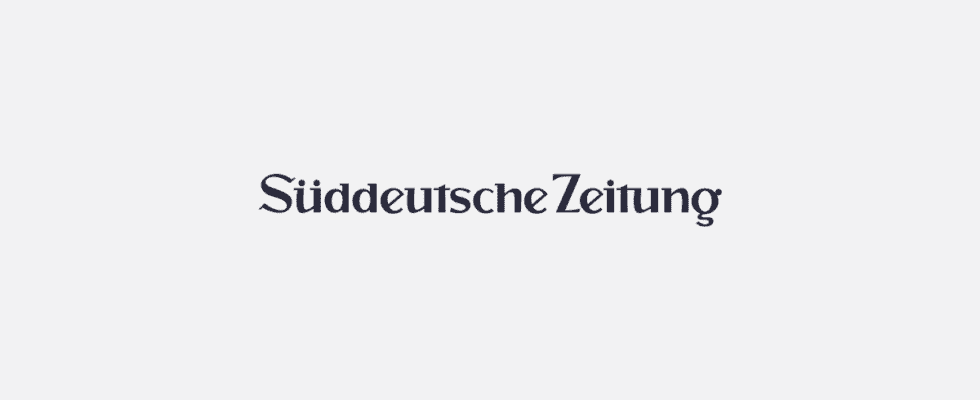A surprisingly strong growth in orders in industry gives reason to hope that the winter recession in Germany will only be mild. Orders rose again in October after two declines in a row, by 0.8 percent compared to the previous month. This was ensured by the increasing foreign demand and large orders, as the Federal Statistical Office announced on Tuesday.
Economists surveyed by the Reuters news agency had only expected mini growth of 0.1 percent, after declines of 2.9 percent in September and 2.0 percent in August. Chief economist Alexander Krüger from Hauck Aufhäuser Lampe Privatbank sees a “touch of Santa Claus” in the unexpectedly positive development – especially since the slump in the previous month was not as severe as initially reported.
“As a result, orders, which had increased significantly at times since the summer of 2020 as a result of catch-up effects and increasing supply bottlenecks, have now stabilized somewhat,” the Federal Ministry of Economics commented on the development. “In addition to the slightly improved sentiment indicators, this is another indication that the recession could be weaker than feared.” Nevertheless, the outlook for industrial activity remains cautious.
Without major orders, orders would have fallen by 1.2 percent. Compared to October 2021, new business was also 3.2 percent lower after calendar adjustments. “The trend in incoming orders is clearly pointing downwards,” concluded Commerzbank chief economist Jörg Krämer. “This supports the assumption that the German economy is slowly moving in the direction of a mild recession, even if an economic slump like that after the financial crisis is unlikely due to the lack of gas rationing.” The ongoing uncertainty in energy prices is standing in the way of a broad recovery, added Kramer’s colleague Krüger. Domestic orders fell by 1.9 percent in October, while those from abroad grew by 2.5 percent. The Association of German Chambers of Industry and Commerce (DIHK) sees more shadows than light in the data. “Increasing orders from abroad are currently leading to stabilization, but domestic orders are continuing to decrease,” said DIHK economic expert Jupp Zenzen. “High inflation and the fear of a recession are making consumers and companies reluctant to buy and invest in this country.”
Orders for capital goods such as machines, vehicles and systems increased this time by 3.2 percent, with the strong demand for motor vehicles making a major contribution. The manufacturers of intermediate goods saw a decline of 1.4 percent. On the other hand, orders for consumer goods fell by 6.3 percent. The sluggish world economy, lack of materials and above all the energy crisis are currently affecting the industry. However, the companies are sitting on a thick backlog of orders, as many orders could not be processed due to a lack of preliminary products and raw materials. In addition, the supply chains are working better again. “This basically speaks for an increase in industrial production in the coming months,” said the chief economist at VP Bank, Thomas Gitzel.

